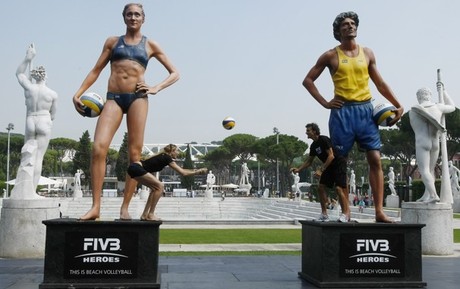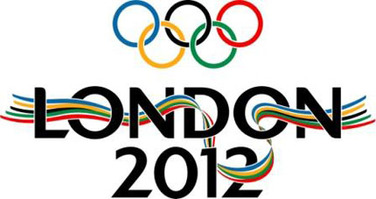ROME — The director of the anti-doping lab for the 2012 London Olympics has a warning for any athletes considering using banned substances.

“If you want to take drugs don’t come to London — because we’ll catch you if you take drugs,” professor David Cowan said at the end of a World Anti-Doping Association symposium on Thursday.
Cowan heads King’s College London’s Drug Control Center, the only WADA-accredited lab in Britain.
“The IOC is aiming to test more and more athletes,” Cowan said. “All I can tell you is that in Beijing there were 5,000 samples taken, so obviously that will increase, but even I do not know the exact number.”
About 10,000 athletes are expected at the London Games, and Cowan will be aided by nine other WADA lab directors from around the globe during the competition.
“The biggest challenge with the Olympics is dealing with the (limited time frame),” said Cowan, who also was the head of the forensic science department at King’s College.
“Give me two weeks and it makes things relatively easy, but you hit me with a lot of samples at the same time that’s where you need help from your colleagues, to make sure you make the right decision at the right time.”
Copyright 2011 The Associated Press. All rights reserved. This material may not be published, broadcast, rewritten or redistributed.
“The IOC is aiming to test more and more athletes,” Cowan said. “All I can tell you is that in Beijing there were 5,000 samples taken, so obviously that will increase, but even I do not know the exact number.”
About 10,000 athletes are expected at the London Games, and Cowan will be aided by nine other WADA lab directors from around the globe during the competition.
“The biggest challenge with the Olympics is dealing with the (limited time frame),” said Cowan, who also was the head of the forensic science department at King’s College.
“Give me two weeks and it makes things relatively easy, but you hit me with a lot of samples at the same time that’s where you need help from your colleagues, to make sure you make the right decision at the right time.”
Copyright 2011 The Associated Press. All rights reserved. This material may not be published, broadcast, rewritten or redistributed.


 RSS Feed
RSS Feed